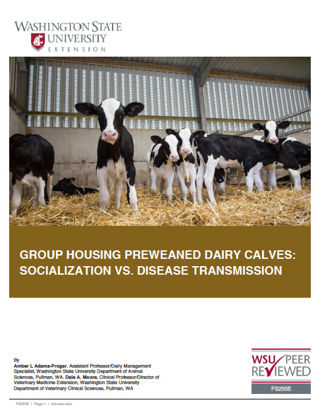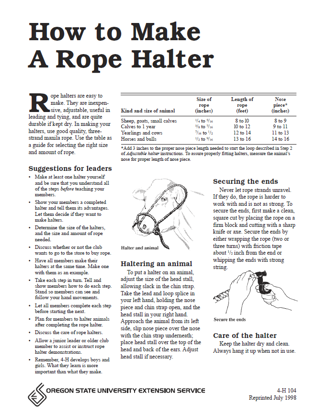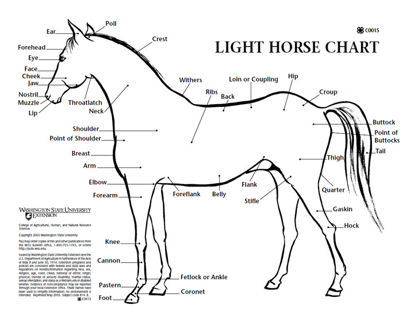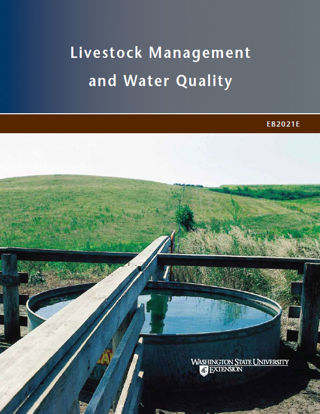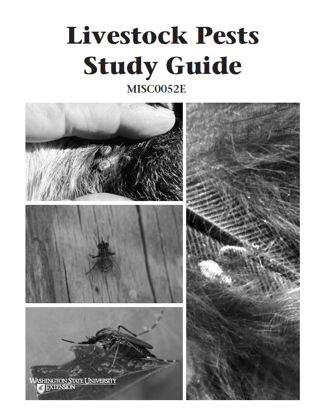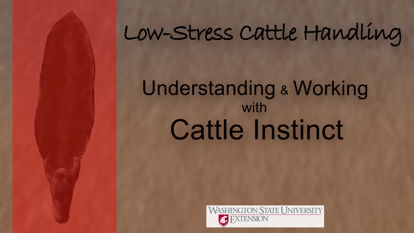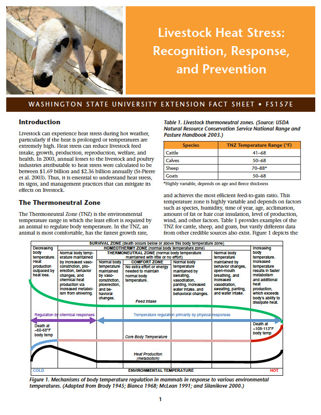You have no items in your shopping cart.
Animals
Animals
Group Housing Preweaned Dairy Calves: Socialization vs. Disease Transmission
Research on calf behavior has shed light on the potential effects of individual versus pair or group housing. This publication provides a brief summary of the advantages and disadvantages of calf grou ...
$0.00
How to Feed Your Laying Hens
This publication helps small-flock chicken producers select the correct feeds and manage watering to meet the nutritional needs of their laying hens at specific stages of the birds' development. ...
$0.00
How to Make a Rope Halter
This is now replaced with 4-h 104 from OSU
A step-by-step guide to tying adjustable rope halters for dairy or beef cattle. Each step is illustrated with photographs. Reprinted from a 4-H Club bull ...
$0.00
Livestock Management and Water Quality
This publication provides livestock owners and managers with techniques to address water quality problems. The information presented emphasizes the effects of pathogens and sediment, the pollutants ...
$0.00
Livestock Pests Study Guide
Specialists describe life history of common insect pests of cattle, poultry, sheep, goats, horses, and swine. Symptoms to watch for and consequences of infestation are presented. Authors discuss cultu ...
$0.00
Low-Stress Cattle Handling: Understanding and Working with Cattle Instinct (video)
This video is a review of Washington State University Extension Low-Stress Cattle Handling training seminars featuring natio ...
$0.00
Management Practices to Mitigate Livestock Heat Stress
Livestock can experience heat stress during hot weather, particularly if the heat is prolonged or temperatures are extremely high. Heat stress can reduce livestock feed intake, growth, production, rep ...
$0.00
manejo del ganado bovino bajo condiciones de bajo estrés
RESUMEN: Este video es una revisión de los seminarios de entrenamiento de la Universidad Estatal de Washington Extensión so ...
$0.00

